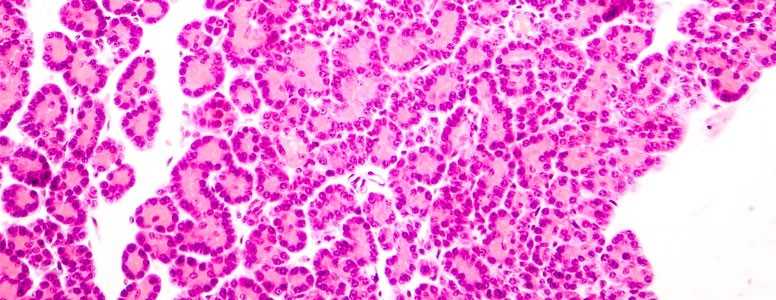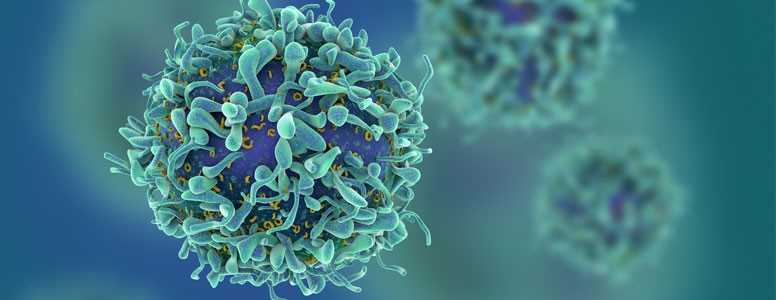A new study shows that beta cells stop replicating when missing a receptor on their surface through which key genetic changes for beta cell production happen.
The findings add more details to our understanding of progressive beta cell function decay in type 2 diabetes. They could also give rise to treatments artificially stimulating compounds to resume the beta cell growth cycle.
As insulin resistance progresses in the early onset of type 2 diabetes, the body initially tries to compensate by ramping up the production of beta cells. After a while, though, it eventually comes to a standstill, and researchers have long tried to understand why that is.
“Very often many of the beta cells that begin the cell cycle don’t complete it because the regulatory signals aren’t appropriate,” said senior investigator Rohit Kulkarni, Harvard Medical School. “The cells choose to die because that’s an easier route than completing the cell cycle.”
Previous studies only described part of that mechanism, by showing that the lack of a functional insulin receptor puts the brakes on a beta cell’s growth cycle. But this research pinpoints that a complex mechanism causes the reproductive cycle of a growing beta cell to stop, at which point the cell dies by apoptosis instead of maturing.
The current study provides another facet to the non-proliferation of beta cells: without this insulin receptor, and by extension appropriate insulin signalling, a protein changing gene expression to kick off this cycle is deactivated.
The FOXM1 protein is thought to regulate genes that promote the expression of two compounds, CENP-1 and PLK1, that help separate the beta cell’s chromosomes just before it divides.
Researchers found that beta cells – that supposedly did not complete their growth cycle – from donors with type 2 diabetes had lower levels of the compounds.
In addition to that, CENP-A and PLK1 seem to work in close collaboration to help beta cell growth as mice that lacked one of the two, here CENP-A, could not make more beta cells.
Kulkarni added that the research could result in treatments not only for type 2 diabetes but for type 1 diabetes, in which beta cells are wiped out by autoimmune attack.
The findings appear online in the journal Cell Metabolism.
What's new on the forum? ⭐️
Get our free newsletters
Stay up to date with the latest news, research and breakthroughs.




